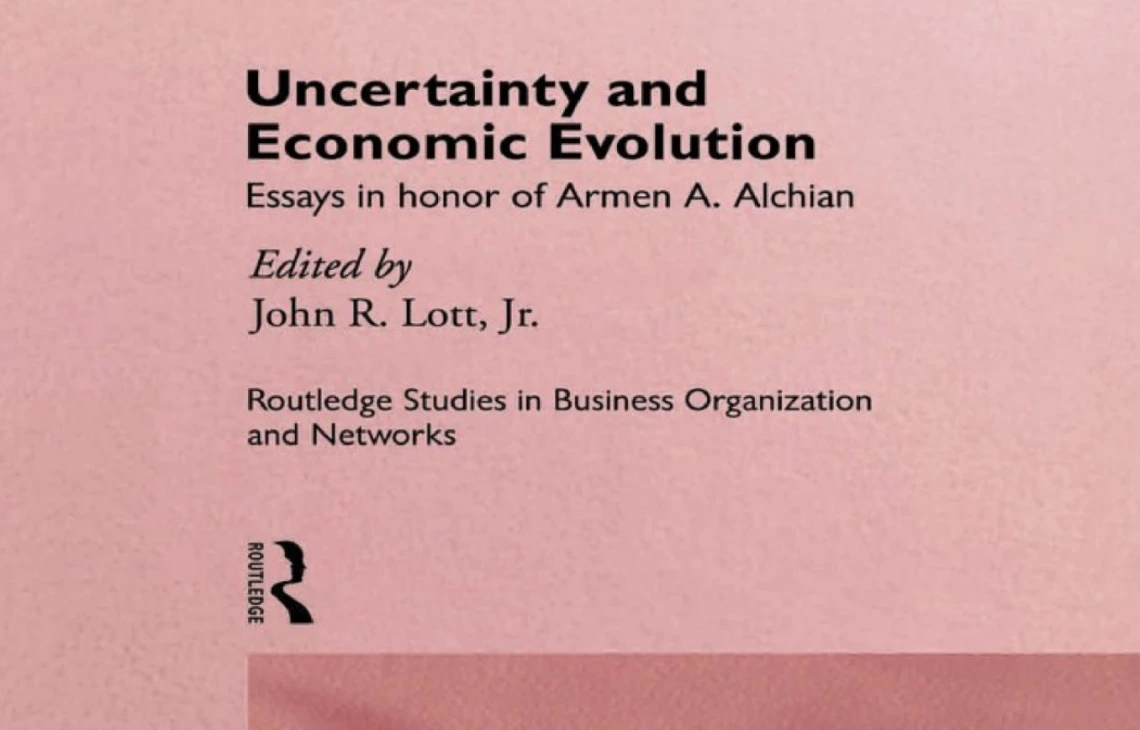Cultural Evolution and Constitutional Public Choice: Institutional Diversity and Economic Performance on American Indian Reservations

In a major contribution to social science reasoning, Armen Alchian set forth in “Uncertainty, Evolution, and Economic Theory” an alternative to neoclassical economic mechanisms of change and equilibration in individual and organizational behavior (Alchian, 1950). Alchian’s mechanism – what he called “environmental adoption” – replaced orthodox utility maximization and profit maximization with agents that draw on suites of adaptive, imitative, trial and error, lucky, and goal-directed strategies. With conscious use of Darwinian language, Alchian defines success in terms of survival, and surviving strategies are selected on the basis of their relative performance (fitness) in an environment in which resource constraints mean that not every strategy can survive. Rationality, in the usual sense of informed transitive choice over more or less complete preference orderings under conditions of scarcity, remains standing only as a special case of models that produce downward-sloping demand schedules and (relatively) efficient outcomes.
Citation
Cornell, Stephen, and Joseph P. Kalt. 1997. "Cultural Evolution and Constitutional Public Choice: Institutional Diversity and Economic Performance on American Indian Reservations." In Uncertainty and Evolution in Economics: Essays in Honor of Armen A. Alchian, edited by John R. Lott Jr. London and New York: Routledge.

